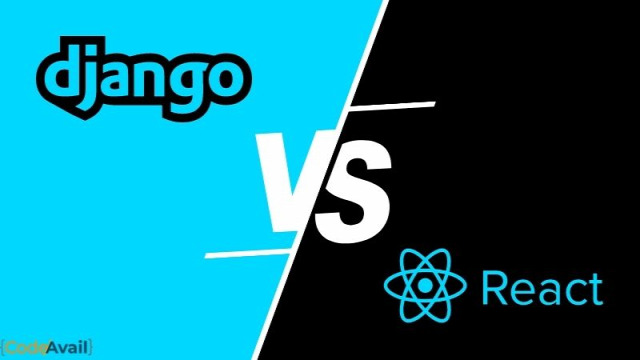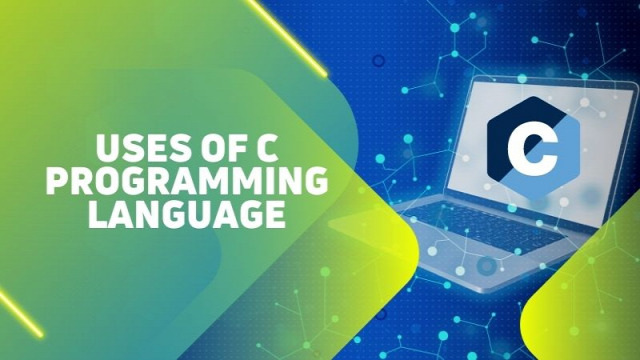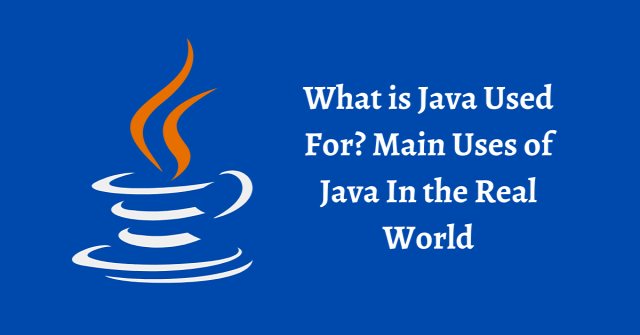Finding the greatest foundation in this day and age might be challenging if you don't have the right expertise. Every day, new frameworks or technologies enter the market. As a result, certain older frameworks or technologies have lost their use. Django and React.js are two alternative technologies for creating user interfaces. Some folks aren't aware of the distinction between Django vs React.

Note:- If you are facing difficulties in completing your Visual Studio Assignments then you can take Visual Studio Assignment Help from our experts.
What is the Django framework?
Python is a widely used open-source and free programming language for website design, online development, and system management, as we all know. Django, a free and open-source web framework based in Python, is a Python programming Web Framework. Django is a high-level Python web framework that promotes quick development and simple, practical design.
You can construct complex, data-driven websites faster with its out-of-the-box support for major template engines, databases, authentication, and hosting providers. The Django Software Foundation, a non-profit organisation, maintains it. Jacob Kaplan-Moss, a programmer and Python(Our experts are offering the best Python Programming Help to students worldwide.) core developer, designed the framework in 2005.
What is the React framework?
React is a Facebook-developed JavaScript toolkit for creating user interfaces. Facebook, Instagram, Airbnb, Netflix, and a slew of other Fortune 500 firms utilise it. It's also a frontend development library for Angular 2.0. It's a JavaScript library for creating user interfaces that's declarative, quick, and versatile. It employs a component-based approach, in which each component has its own state and communicates with one another by delivering data.
Note:- You can hire PHP Assignment Help experts to get the best assistant.
Django vs React: Key Difference One Should Know
-
Django was released for the first time in 2005. ReactJs, on the other hand, was launched in 2013.
-
Django is a framework for web development. ReactJs, on the other hand, is a JavaScript library.
-
For rapid application development, Django provides ready-to-use tools, templates, standards, and policies. ReactJS, on the other hand, provides reusable functions for our code.
-
Django provides a better level of protection. ReactJS, on the other hand, has a lesser level of security.
-
Django isn't very well-known or in great demand. React, on the other hand, is more well-known.
-
Django is a challenging language to master. ReactJS, on the other hand, is easier to comprehend than Django due to its low learning curve.
-
Django isn't ideal for small projects. ReactJs, on the other hand, is suitable for both small and big applications.
-
To create and distribute apps, the Django framework is utilized. ReactJS, on the other hand, simplifies program binding.
-
When and when code is called is controlled by the Django framework. ReactJs library code, on the other hand, has complete control over when and when it invokes ReactJs.
Final words
We hope you found our blog on the differences between Django vs React useful. With this information, we can confidently state that with web development technologies such as Django and React, you can make the most of your web development efforts. For your convenience, we've provided a quick comparison of Django vs React so you can see how they vary and how they're used.
We have a team of experts who are offering the best C ++ Programming Help at a very affordable price to students around the world.





